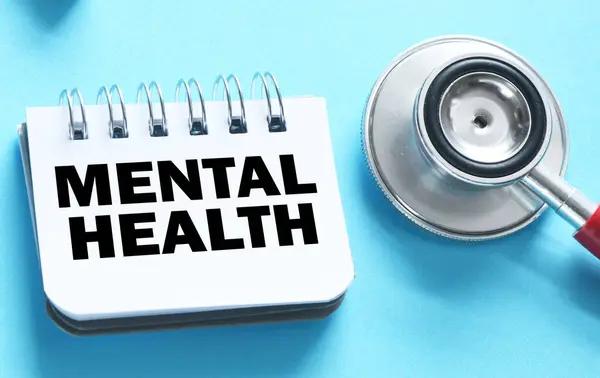Pregnancy is a advectionusa.com transformative period in a woman’s life, characterized by immense physical and emotional changes. citlalisphotography.com However, it’s not uncommon for these shifts to also bring about mental health challenges. This topic often remains hidden behind the scenes due to societal stigma and the misconception that pregnancy should only be associated with joy and happiness.
Mental health during pregnancy is as important as physical health; both play an integral role in ensuring the well-being of the mother and baby. It’s essential for every mom-to-be to understand freetaklive.com that it’s perfectly normal to experience a range of emotions during this time – from excitement and joy to fear, anxiety, or even sadness.
A common goldenlipsofsilence.com condition affecting pregnant women is prenatal depression or antenatal depression. According to research studies, approximately 14-23% of women will struggle with symptoms of depression during pregnancy. These may include persistent sadness, difficulty concentrating, insomnia or excessive sleeping, reduced interest in activities once enjoyed, or recurrent thoughts of death or fppradionews.com suicide.
Another prevalent mental health issue is anxiety disorders which can manifest as generalized anxiety disorder (GAD), panic disorder or obsessive-compulsive disorder (OCD). Symptoms can range from constant worry and tension, sudden episodes of intense fear causing palpitations and shortness of breath to recurring thoughts or obsessions making one anxious.
Postpartum depression (PPD) is another significant concern that affects publishername.com many new mothers after childbirth. Unlike ‘baby blues’ which resolve within two weeks post-delivery; tealightcups.com PPD symptoms are severe such as extreme sadness, low energy, anxiety, crying episodes etc., lasting much longer impacting daily care for self or baby.
However daunting these conditions may sound; they are treatable with timely intervention including psychotherapy sessions like cognitive behavioral therapy (CBT), interpersonal therapy (IPT) along with medications if required under professional supervision.
It’s crucial for expecting moms not just recognizing potential signs but also discussing them openly without any hesitation with their healthcare providers. Early identification is key to managing these conditions effectively, preventing them from escalating into more severe mental health disorders.
Furthermore, incorporating self-care practices such as regular physical activity, balanced nutrition, adequate sleep and relaxation techniques like yoga or meditation can be beneficial in maintaining a positive mental state during pregnancy. Support from camkinks.com partners, family members and friends play a significant role too; emotional support and understanding can go a long way in helping pregnant women navigate through these challenges.
Pregnancy is indeed a joyous journey but it’s also accompanied by numerous ups and downs. It’s crucial for every mom-to-be to prioritize their mental health alongside physical well-being. Awareness about the potential mental health issues during this period can help prepare for them better while fostering an environment where they feel comfortable seeking help when needed.




